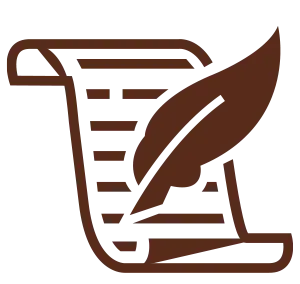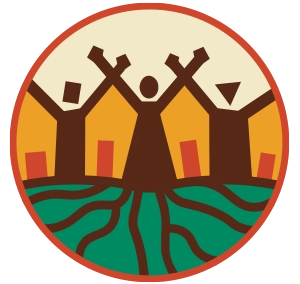Concentrated animal feeding operations (CAFOs) are industrial-scale livestock facilities that confine thousands of hogs or poultry in small spaces, contaminating local air and water with urine, feces, and other animal waste. In eastern North Carolina, most CAFOs are located in historically under-resourced communities of color, in lands previously used as agricultural plantations with enslaved communities! Duplin and Sampson Counties are the country’s capitals in pig population, where the ratio of hog to person is close to 29-to-1. Before the industrialization of the hog industry, most North Carolina producers raised small numbers of hogs, typically fewer than 25, on diversified farms where hogs were one of several crops or products. Over the last 3 decades, however, the industry has undergone a major shift. Though the number of producers in the state has declined, the hog population has increased substantially from about 2 million in 1982 to 10 million in 2006. North Carolina currently ranks 3rd in hog production, after Iowa and Minnesota (as of 2024). In 2007, NC put a moratorium on additional hog operations and capped the number of hogs. Currently there are about 2200 operations totaling 8 million hogs. The state’s swine “general permit” regulates how to manage the 27 billion gallons of hog urine and feces generated every year, held in 4000+ waste lagoons, which can be several acres in size.
- Many of the same communities have long been burdened by pollution and health impacts from other sources, creating “cumulative impacts”.
- The risks from pollution are even greater in low-lying, flood-prone areas, especially as warming and historic rains increase.
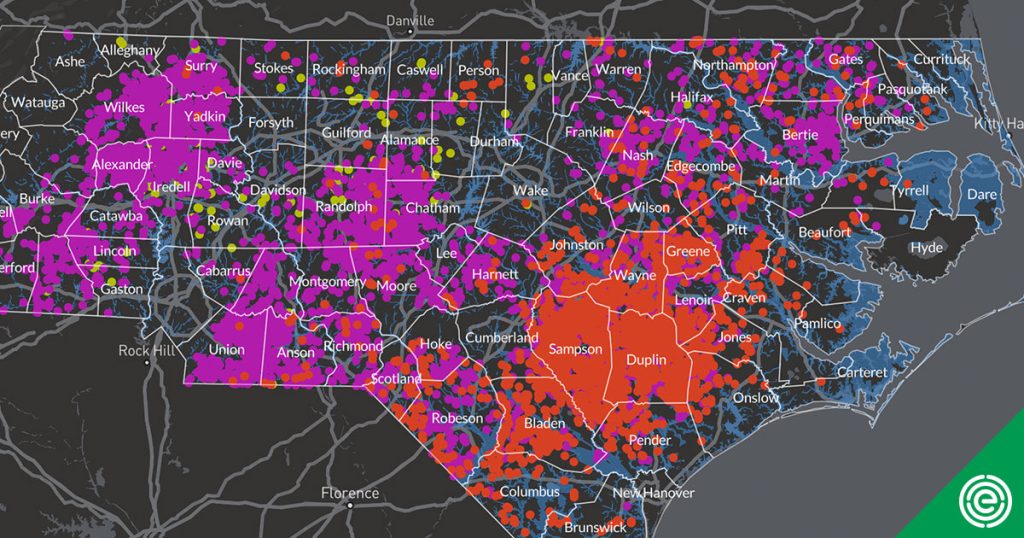
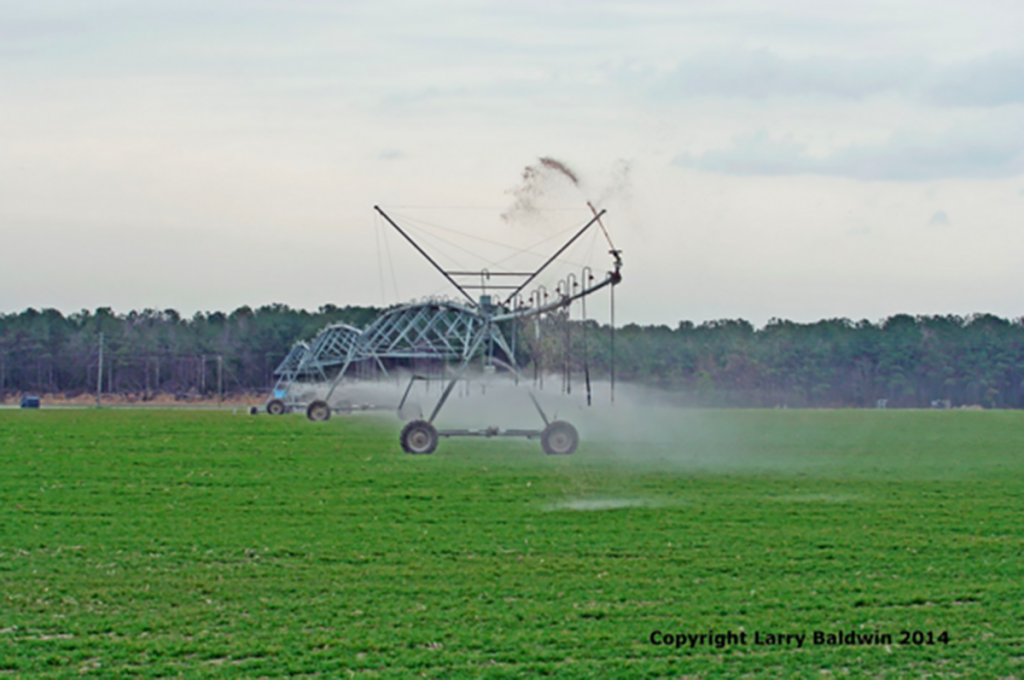
Since the mid 1980s: more than 80% of hog farmers have been put out of business. Four multinational corporations control more than 70% of the entire US pork market, and 6 % of farming operations produce 90% of all meat, dairy and poultry. Four companies decide the standards, prices, and values under which our food is produced – and how our farmers and workers and communities are treated.
In 1990, small and medium-sized farms accounted for nearly one half of all agricultural production in the US. Now it is less than one quarter. So quickly. In just 30 years. With their loss – came the loss of communities. A community of owners became serfs on their own land. And all the while – the quality of the food decreased, the nutritional value decreased, the land and water and air got more polluted, and state laws, such as the Orwellian-named ‘right to farm laws’ – were changed to protect the agro-industries rather than the communities.
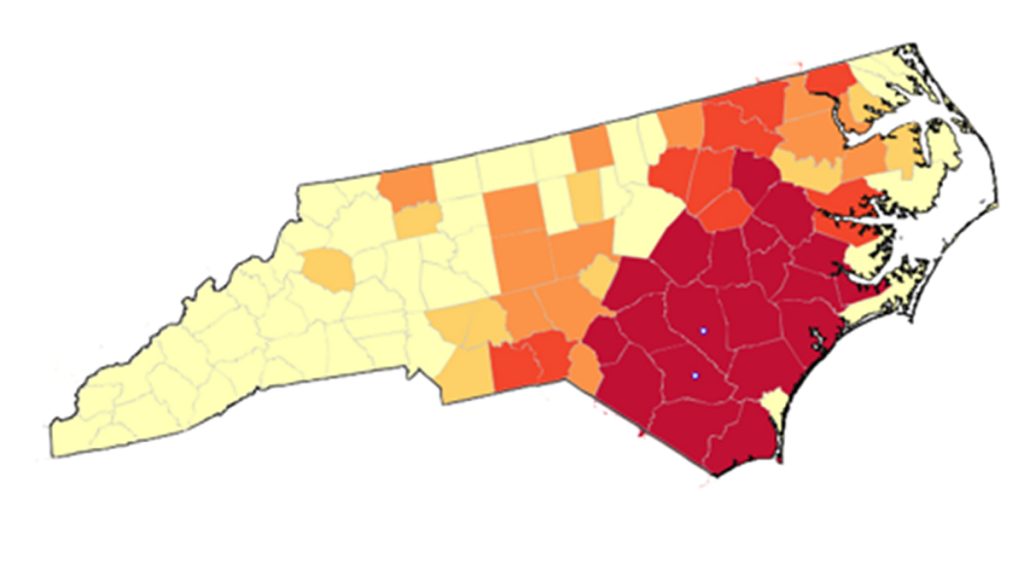
Ways Forward
Advanced Technology
More monitoring
Groundwater monitoring is only required at small portions of facilities – We need more monitoring wells, especially within floodplains.
We need a better understanding of the waste that remains in digesters after methane is removed. The state should require more testing!
Cumulative Impacts Assessments
North Carolina needs to determine how to assess which communities are overburdened by pollution, including other types of agriculture and animal waste, and put an end to unfair permitting and lack of protection.
Confronting corporate power
We need a farm bill that stops mega-mergers. Decades of lax antitrust enforcement have created a food system defined by consolidation.
Agro-Ecology and not Agricultural Industries
We need diversified farm systems, sustainable agro-ecology, and conservation of existing wetlands


